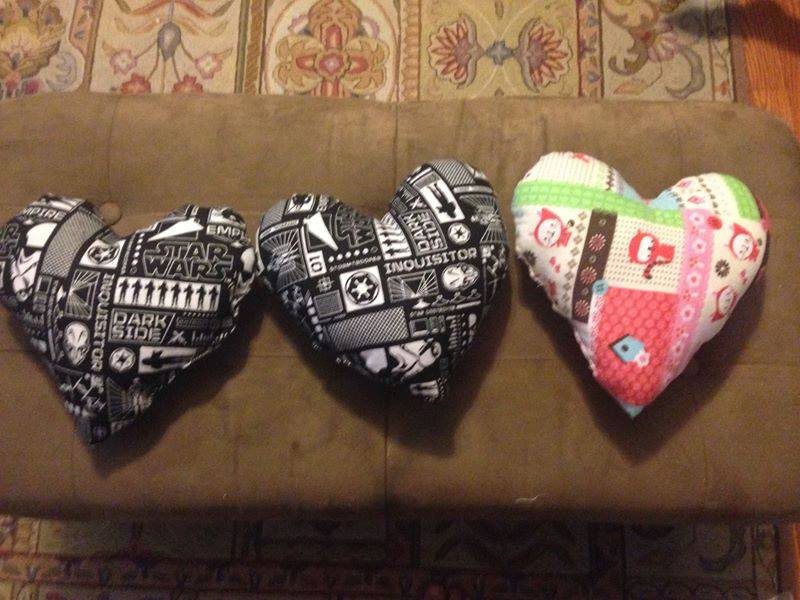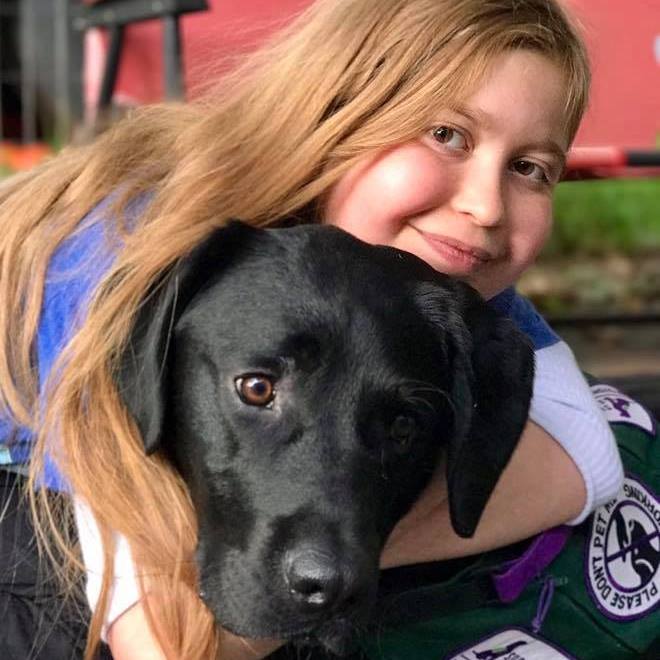HoPe, or Hispanic Organization Promoting Education is a nonprofit with the goal of inspiring and equipping Hispanic high school students to not only complete secondary education, but excel beyond exceptions and attain higher education. 
This organization was co-founded and currently run by husband and wife, David Araya and Angela Hurtado. These millennial entrepreneurs have quite the story surrounding the development of their dream. Araya was born in Costa Rica, and Hurtado in Colombia. Both of their families immigrated to the U.S. where they ended up at the same high school. However, these two did not get together until their college years. It was during their Sophomore and Freshman years that they sat down in a Wendy’s discussing their high school years and the obstacles they had to overcome to be where they were today. They discussed the prejudice and disadvantages they faced as immigrants and how many of their peers were unable to overcome these conditions. They looked at the lack of opportunity not only in their local community, but in the Hispanic and Latino community in general. It was there and then that a 20 and 19 year old wrote HoPe down on a yellow napkin and decided they were going to spend the rest of theirs life’s attempting to give that to their community.
This organization was officially founded in 2009 in one school, now it currently operates in 33 schools. It is a student-led program, that empowers and enables Hispanic students to pursue and achieve academic success through educational services, programs, and extra curricular activities. The program creates opportunities and communities for kids lacking guidance and support. Currently, the program has a 100% graduation rate for all the students who participate, which is an incredible improvement from when they first started.
These two entrepreneurs not only faced racial discrimination, but age discrimination as well. They weren’t only young when they started this venture, but they looked young too. However, they believe that youth isn’t weakness, but an assest. Araya and Hurtado hold that the youth should be nurtured, inspired and given the opportunity and tools to make a difference in this world. That is why the program is student-led.
Their entire process of building this organization was innovative and driven by entrepreneurial thinking. Mostly, because they had zero experience and the entire process was new to them. They had to think and rework, test and rethink, build and redesign the layout and operation of this organization till they found an effective and plausible solution. It was their determination and ability to identity an under-served population, that made HoPe such a success, and I can’t wait to see what they do next.



